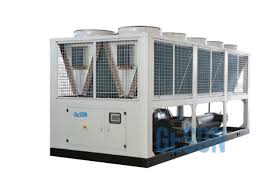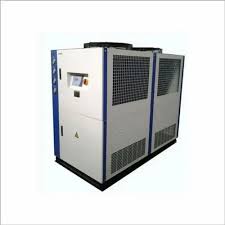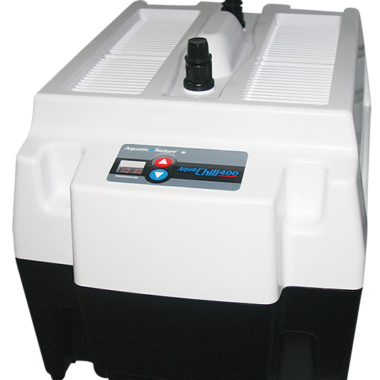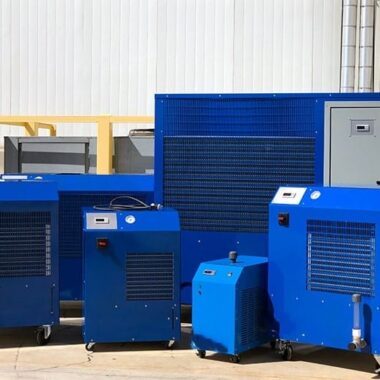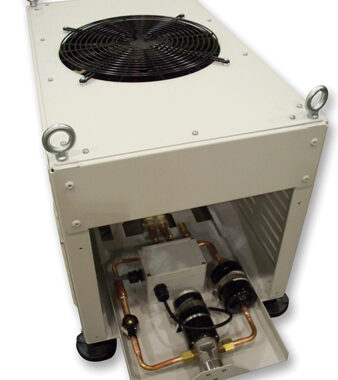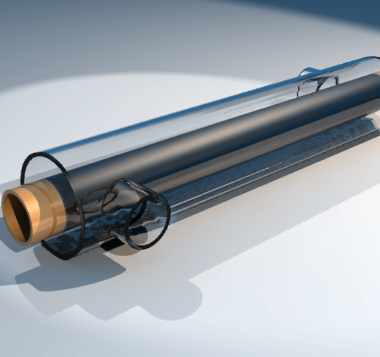How to Choose the Right Industrial Chiller for Your Business Needs
Introduction
Industrial chiller are essential components in various industries, providing the cooling necessary to maintain optimal temperatures in processes, equipment, and environments. Selecting the right chiller is crucial for ensuring efficiency, reducing operational costs, and achieving reliable performance.
What is an Industrial Chiller?
An industrial chiller is a cooling system designed to remove heat from industrial processes, equipment, or spaces by circulating a cooling medium (usually water or a refrigerant). The chiller absorbs heat and transfers it away, either to the air (in air-cooled chillers) or to water (in water-cooled chillers). Industrial chillers are used across a wide range of industries, such as manufacturing, food processing, pharmaceuticals, and HVAC systems, to maintain optimal operating conditions.
Determine Your Cooling Requirements
- Cooling Capacity: Calculate the total cooling load required for your processes. Cooling capacity is usually measured in tons or kilowatts. Ensure the chiller can handle the maximum load at peak times.
- Temperature Range: Identify the required temperature range for your application. Different chillers operate within specific temperature limits, so choose one that matches your needs.
Consider the Type of Industrial Chiller
- Air-Cooled Chillers: These are ideal for businesses in areas with water scarcity or high water costs. Air-cooled chillers use ambient air to dissipate heat, making them easier to maintain but slightly less energy-efficient than water-cooled systems.AIR COOLED CHILLER
- Water-Cooled Chillers: These offer higher efficiency and are suitable for businesses with consistent cooling needs. Water-cooled chillers require a water source and cooling tower, making them more suitable for large-scale operations where energy efficiency is a priority.
Evaluate Energy Efficiency
- Energy Efficiency Ratio (EER): Check the EER rating of the chiller to evaluate its energy consumption. A higher EER indicates better energy efficiency, which can lead to cost savings over time.
- Variable Speed Technology: Chillers with variable speed drives can adjust the compressor’s speed according to the cooling demand, improving energy efficiency and reducing operational costs.
Consider Your Budget
- Initial Cost vs. Operational Cost: While lower-cost chillers may seem appealing, they may have higher operational costs in the long run. Consider both the initial investment and the expected energy and maintenance costs when making your decision.
- Maintenance Costs: Some chillers require more frequent maintenance than others. Choose a system that fits your budget for both purchase and upkeep.
Assess Space Availability
- Footprint: Evaluate the space available for the chiller. Water-cooled chillers, for example, often require more space due to the need for additional components like cooling towers.
- Installation Considerations: Ensure that the installation area has adequate ventilation for air-cooled chillers or space for water connections and cooling towers for water-cooled systems.
Analyze Environmental Factors
- Ambient Temperature: The efficiency of a chiller can be affected by the ambient temperature. Air-cooled chillers, for example, may become less efficient in hot climates. Consider the local environment and choose a chiller that can operate efficiently in your area.
- Water Availability: If water is scarce or expensive in your region, an air-cooled chiller might be more cost-effective despite slightly lower energy efficiency.
Look for Advanced Features
- Remote Monitoring: Chillers with remote monitoring features allow you to track performance and troubleshoot issues without being on-site.
- Automated Controls: Modern chillers come with automated controls that optimize performance, adjust temperature settings, and improve energy efficiency.
